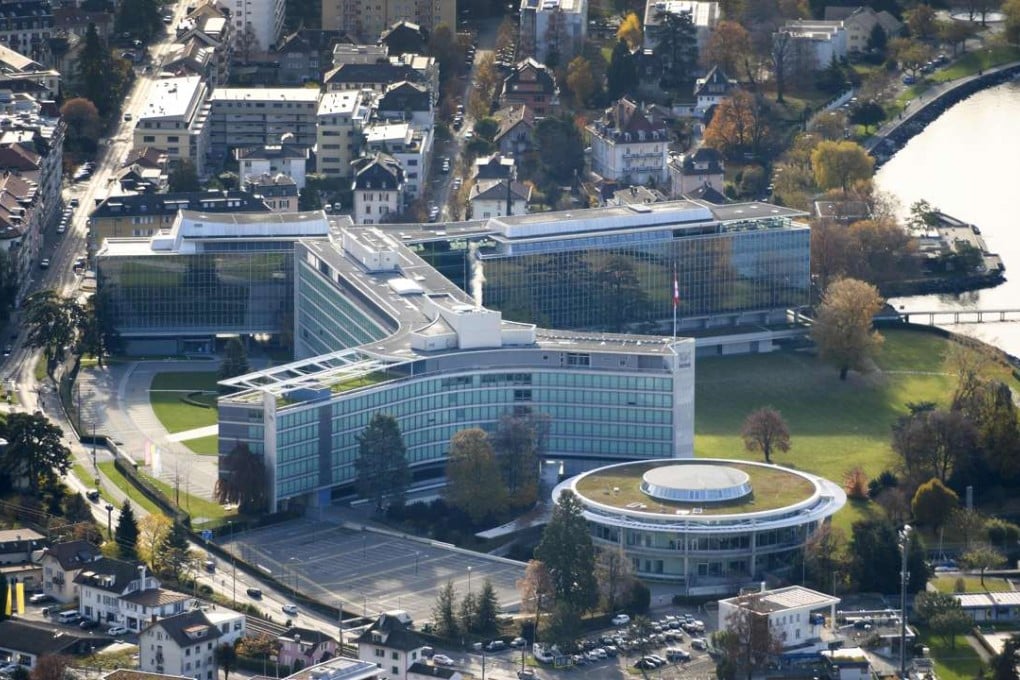For truly global firms M&A acquisitions need to embrace culture
In the long run buying firm needs to ensure its fresh acquisition aligns with global goals

The last time I was in China I spoke with the management team of a leading state-owned entity about its acquisition of a European company; the post-merger integration in Europe was going smoothly, they said, largely because it was effectively a reverse takeover.
The Chinese company had left the European management team in place and said: “Carry on doing what you do well.”
On the one hand, this is savvy. If you acquire something because you like the way it works and it is accretive to your business don’t break it. But, in the long haul, to develop a truly multinational business, Chinese companies need to take that next step to develop leadership teams that are global, cohesive and have their own corporate cultural identity so that when they acquire to grow, they grow that corporate culture.
Carry on doing what you do well
M&A then becomes quite sophisticated: a multinational can choose to acquire and absorb or acquire and let the company stand on its own, maintaining its unique style. This should be a choice of management.
Consider Switzerland’s Nestle, Britain’s pharmaceutical company GlaxoSmithKline or the US conglomerate Procter & Gamble. They all have unique corporate cultures that they bring to the table when they acquire and absorb new businesses. Chinese companies seeking to become multinationals do not have to copy their corporate styles, they should develop their own playbook. But developing a uniform way facilitates organic growth and promotes a cohesive business strategy because there is a relatively consistent practice of behaviour.
This means developing management plans around career development, promotion plans, continuous education and succession planning. Much of this can be communicated via online programmes. For example, videos with short quizzes at the end are effective continuous education platforms. Career development can be a blend of face-to-face meetings, video and phone calls, online education and written feedback stored on a shared site so key supervisors can access it.
Target smart
Management also needs to think long-term about strategic acquisitions. Chinese companies planning to begin their merger and acquisition journey should look at Anheuser-Busch InBev’s approach to acquisitions. It looks for companies that are accretive and have synergies with its business plans. It then absorbs and consolidates its acquired companies, imposing a zero-based budgeting discipline (which means every cost, down to the pens and pencils, has to be justified anew) that creates cash flow to go after the next acquisition.